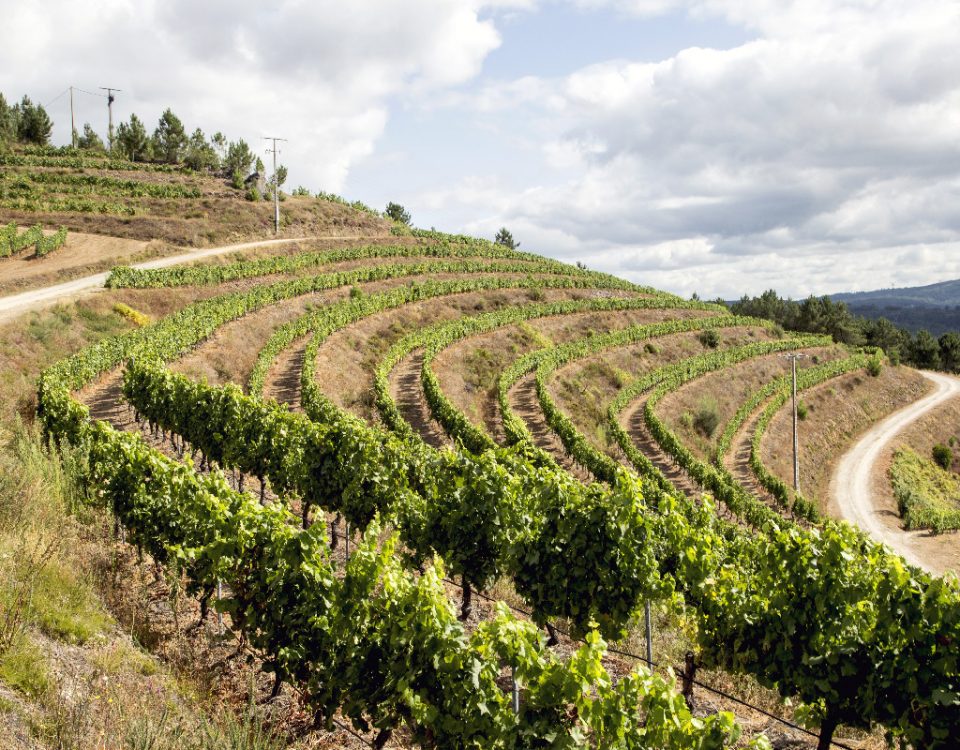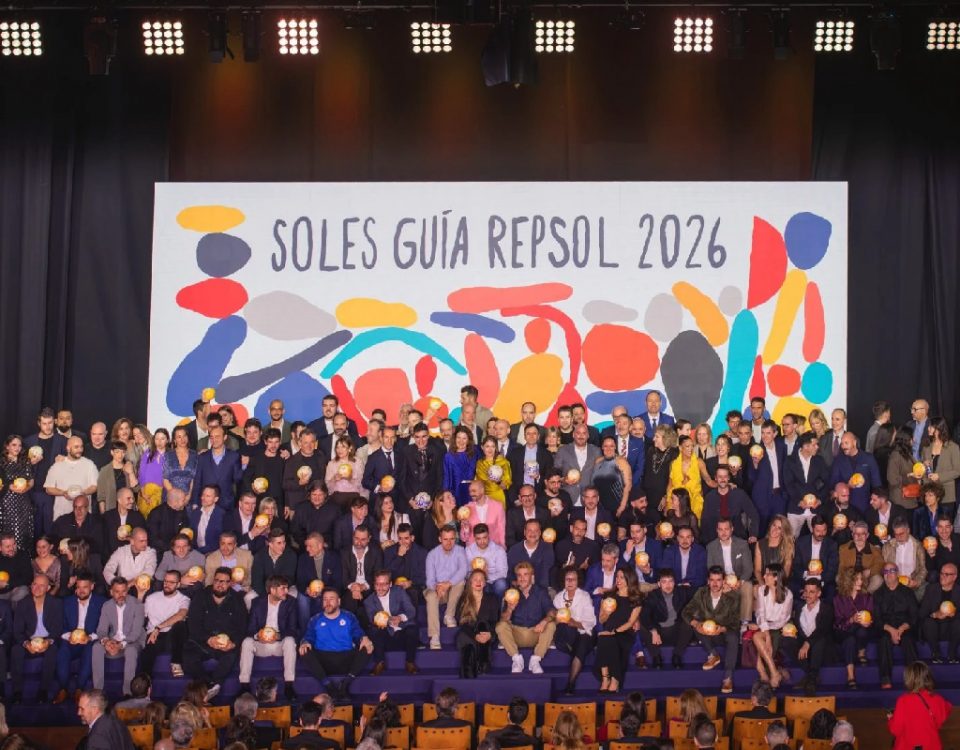- El mejor turismo de galicia
Galicia mejora competitividad y crecimiento con buenos resultados acumulados en los cinco primeros meses del año en viajeros y pernoctas hoteleras
Galicia mejora competitividad y crecimiento con buenos resultados acumulados en los cinco primeros meses del año en viajeros y pernoctas hoteleras
Junto con Murcia ha sido el territorio con mejor comportamiento en el mes de mayo, con un crecimiento superior a la media del conjunto de España
Por quinto mes Galicia volvió a marcar buenos resultados en el número de viajeros recibidos, incremento la rentabilidad hotelera en casi diez puntos respecto al mismo período del año pasado, aunque los precios se mantienen estables. Galicia volvió así a liderar, junto con Murcia, los buenos resultados en llegada de viajeros, según los datos publicados por la Encuesta de Ocupación Hotelera del INE.
Según los datos del INE, el turismo en Galicia está creciendo por encima del promedio español superando en diez puntos porcentuales las cifras del resto de España, donde el número de noches creció menos del 1%. Así, nuestro territorio recibió en mayo 38.000 viajeros más que el año anterior, quedando la cifra final en más de 420.000, superando máximos históricos y lo hace en todos los ámbitos, interior, nacional e internacional, mejorando también la estadía media en casi dos puntos respeto al mismo período del año pasado.
También el sector vio mejorados sus resultados desde el punto de vista económico. Según las estadísticas del INE, las tarifas hoteleras se mantienen estables y la rentabilidad creció casi un 10% en mayo.
Balance de rentabilidad y empleo, según Exceltur
Según el último informe de Exceltur sobre rentabilidad y empleo en los destinos turísticos españoles en el primer cuatrimestre del año, continúa la tendencia a la ralentización del crecimiento de la rentabilidad socioeconómica en este período.
Según se desprende del análisis de la patronal turística, el crecimiento interanual del RevPAR en España para el periodo enero-abril de 2019 se situó en un +1,9% hasta alcanzar un valor anual medio de 49,5€, mientras que el empleo aumentó un +2,5%, lo que supuso 12.145 nuevos puestos de trabajo en estos destinos. A pesar de este de crecimiento más reducido, de los 99 destinos analizados, 66 volvieron a experimentar incrementos en sus ingresos y 65 de ellos en el empleo inducido por el turismo, respecto a los positivos registros de un 2018 que ya había alcanzado los valores máximos de la última década.
El informe recoge también la consolidación en el disparidad crecimiento de los destinos urbanos y la caída que se empieza a apreciar en los vacacionales y muy especialmente en los más dependientes de la demanda extranjera touroperizada, que en estos primeros meses del año se concentra mucho en Canarias y que sufren un descenso en todos los indicadores de rentabilidad socioeconómica del turismo en este inicio de 2019, que en esta ocasión incluye la Semana Santa que es muy importante. Así, los destinos urbanos marcan un buen comportamiento, fruto de un cada vez mayor perfil de demanda extranjera más propensa al disfrute de experiencias urbanas, reflejado tanto en las grandes ciudades iconos (Madrid +8,0% en pernoctaciones hoteleras, Barcelona +12,0%, Valencia +5,2%, Sevilla +15,8%, Granada +8,8%, Málaga +11,7%, Santiago +14,1%, o Bilbao +9,2%) como en ciudades de menor tamaño (Cádiz +24,9%, Córdoba +15,7%, A Coruña +8,0%, León 9,6% Ávila +22,2% o Burgos +6,0%). Sin embargo también cabe destacar que las ciudades gallegas, especialmente Santiago de Compostela, siguen estando en la cola en ingresos por habitación disponible.









